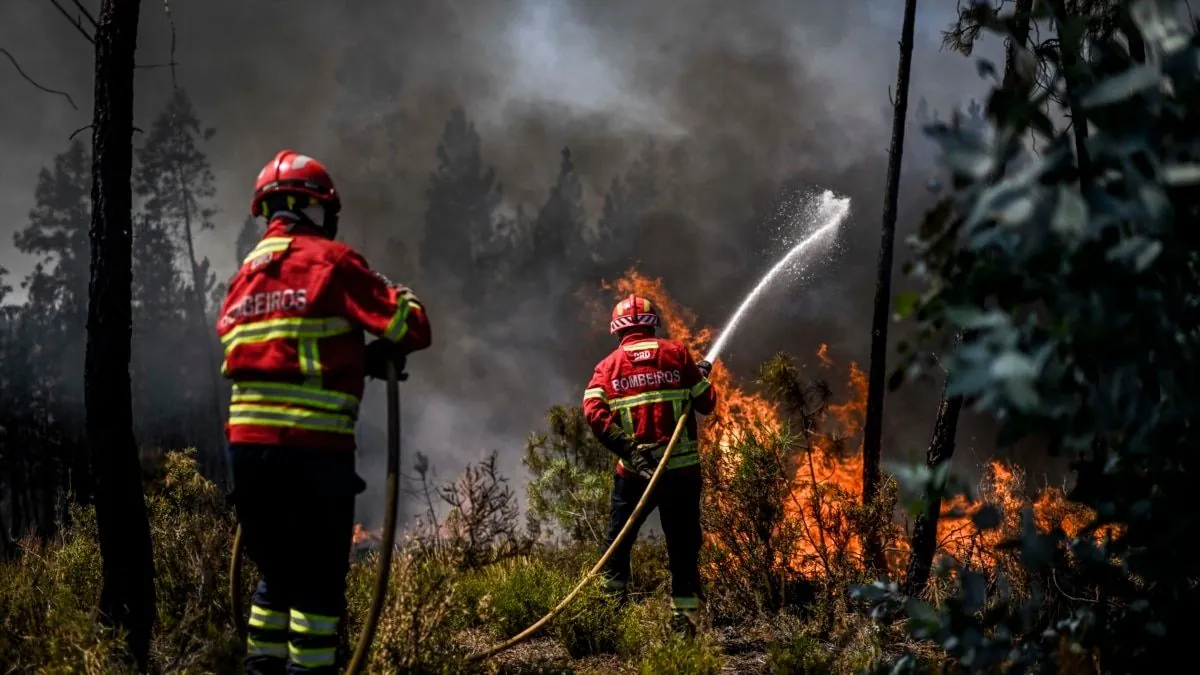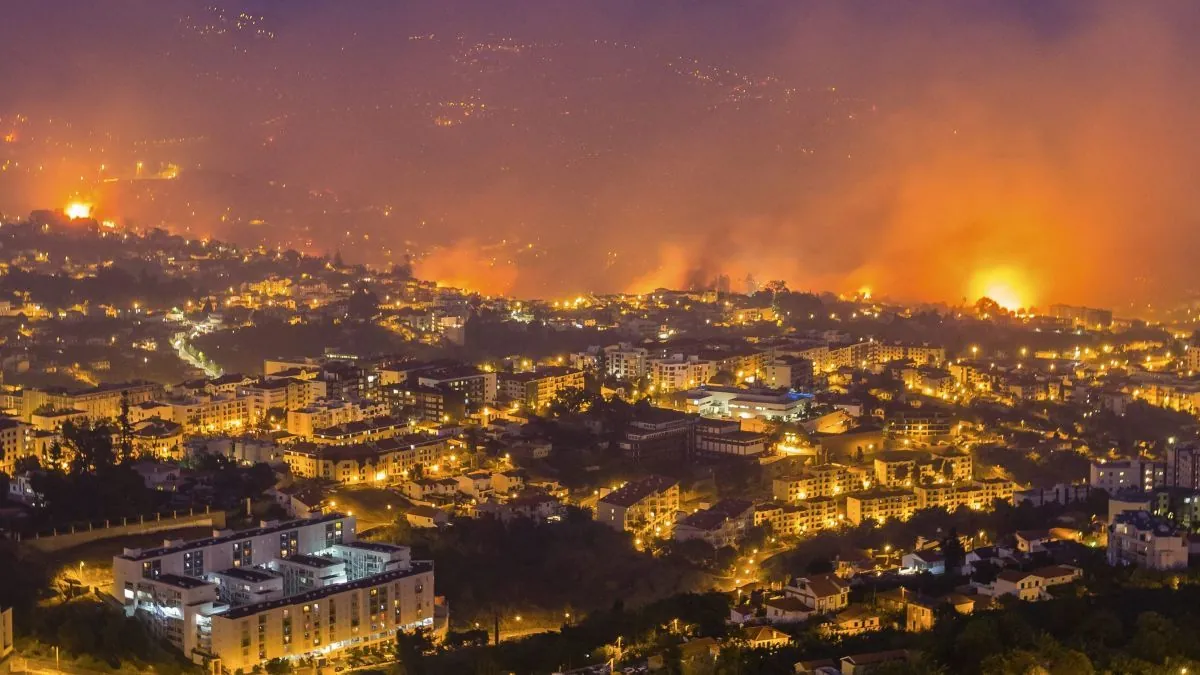Portugal Battles Multiple Wildfires, Seeks EU Assistance
Portugal grapples with at least 15 wildfires in central and northern regions, deploying over 800 firefighters. The government has requested additional EU support as high temperatures persist.

As of September 16, 2024, Portugal finds itself combating multiple wildfires across its central and northern regions. The country, known for its Mediterranean climate and extensive forest coverage, is currently facing at least 15 active blazes, with the situation particularly dire in the Aveiro district.
Over 800 firefighters are engaged in battling four major fires in the northwestern Aveiro area alone. The severity of the situation has led to the closure of several motorways, including a portion of the main route connecting Lisbon and Porto. Local authorities have taken precautionary measures by evacuating several villages in the affected zones.

The town of Albergaria-a-Velha, home to approximately 25,000 residents, has been significantly impacted. Antonio Loureiro, the town's mayor, reported that two houses have already been consumed by the flames, with the fire encroaching upon both residential and industrial areas.
In response to the escalating crisis, the Portuguese government has activated the EU Civil Protection Mechanism, specifically requesting additional firefighting aircraft through the RescEU program. This European initiative, established in 2019, provides an extra layer of protection and rapid response capabilities for member states facing natural disasters.
The current wildfire outbreak is being exacerbated by challenging weather conditions. Temperatures have surpassed 30°C (86°F) over the weekend and are expected to remain high in the coming days. Strong winds are further complicating firefighting efforts, fanning the flames and creating thick smoke that blankets the affected regions.
Despite the current crisis, it's worth noting that both Portugal and neighboring Spain have experienced fewer fires than usual this year, thanks to a rainy start in early 2024. However, this respite has not diminished the countries' vulnerability to wildfires, a risk that continues to grow due to climate change.
Portugal has been actively working to improve its wildfire prevention and response strategies since the devastating fires of 2017, which were the deadliest in the country's history. These efforts include implementing a national fire prevention strategy, investing in early warning systems, and promoting the use of fire-resistant native tree species in reforestation projects.
As the country battles these blazes, the importance of international cooperation in disaster response is once again highlighted. The EU Civil Protection Mechanism, first established in 2001, plays a crucial role in facilitating this collaboration, enabling member states to pool resources and expertise in times of crisis.
While Portugal continues to face significant challenges in wildfire management, its ongoing efforts to enhance prevention, detection, and response capabilities demonstrate a commitment to addressing this growing threat in an era of climate change.


































